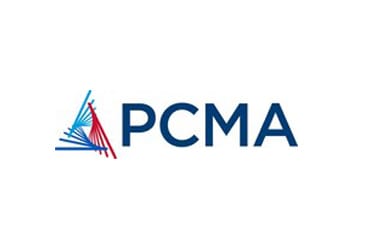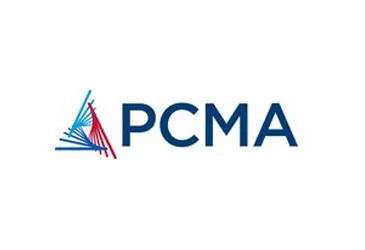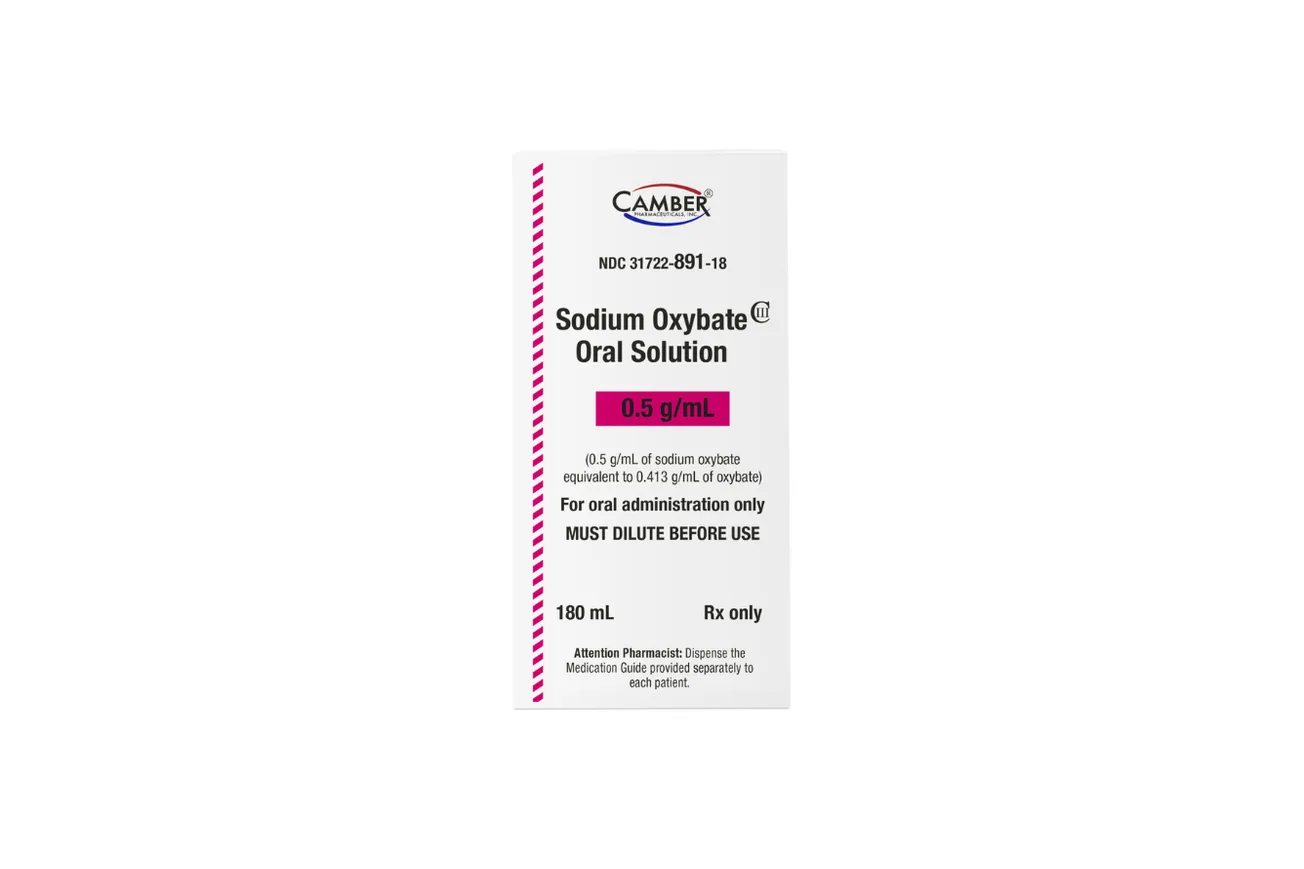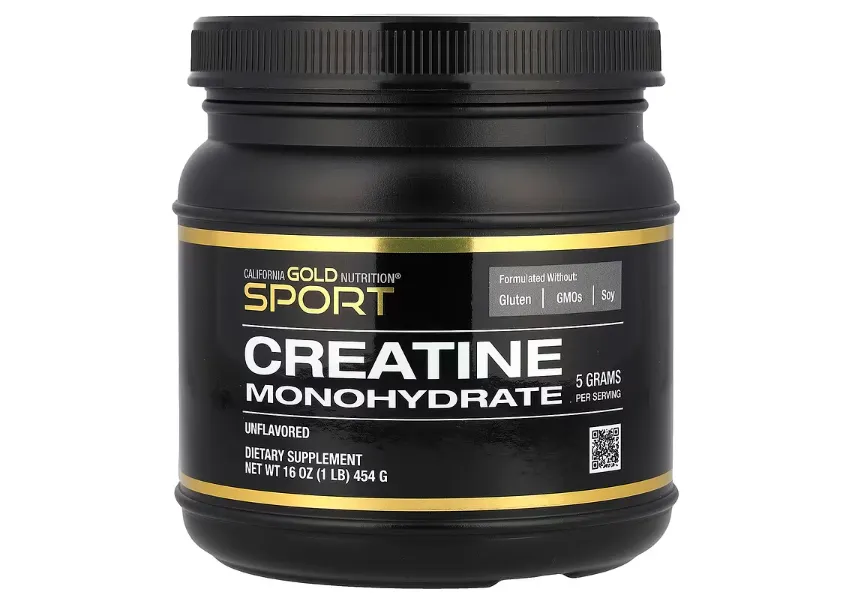WASHINGTON — The Pharmaceutical Care Management Association (PCMA) is launching a new print and digital ad campaign – “Protect the Savings” – to defend the savings that pharmacy benefit managers (PBMs) negotiate from drugmakers, and warn against the Administration’s newly proposed regulation that would eliminate these savings for beneficiaries and

significantly increases costs to taxpayers.
Click here to view the new campaign website.
“We agree that drug company list prices must be addressed, and that more can be done to increase access and affordability. Unfortunately, this new proposal will not lead to lower prescription drug prices, but could have severe unintended consequences such as destabilizing the Medicare Part D program at a significant cost to taxpayers,” said PCMA president and chief executive officer J.C. Scott. “We should focus on solutions that protect the important role of negotiations and the savings that are critical to keeping down consumer costs, including premiums.”
Click here to view the campaign’s ads.
- “3 Things We Know Will Happen“
- If regulators gut PBM negotiations:
- Medicare drug premiums increase 25 percent
- Taxpayer costs increase $196 billion
- Drugmakers get a $40 billion windfall
- If regulators gut PBM negotiations:
- “Know What You’re Diving Into”
- If regulators gut PBM negotiations:
- Medicare drug premiums increase 25 percent
- Taxpayer costs increase $196 billion
- Drugmakers get a $40 billion windfall
- If regulators gut PBM negotiations:
- “The Administration is Proposing a New Medicare Regulation on Drug Prices”
- The Administration estimates that the rule could cost taxpayers $196 billion — making it one of the most expensive regulations ever issued by the U.S. government.
- The Administration estimates the rule could raise premiums for seniors by as much as 25 percent — the largest average premium increase in the history of Medicare Part D.
- Are you sure this is a good idea?
PBMs negotiate on behalf of consumers and health plan sponsors to reduce prescription drugs costs. While manufacturers alone set drug prices, once those prices are set, PBMs leverage marketplace competition to negotiate savings that are used to lower enrollee premiums and to keep down the cost that consumers pay at the pharmacy counter.
The proposal to overhaul the prescription drug rebate system for Medicare Part D and Medicaid managed care organizations does nothing to address the root cause of the problem: high list prices that only the drug manufacturers have the power to set.








